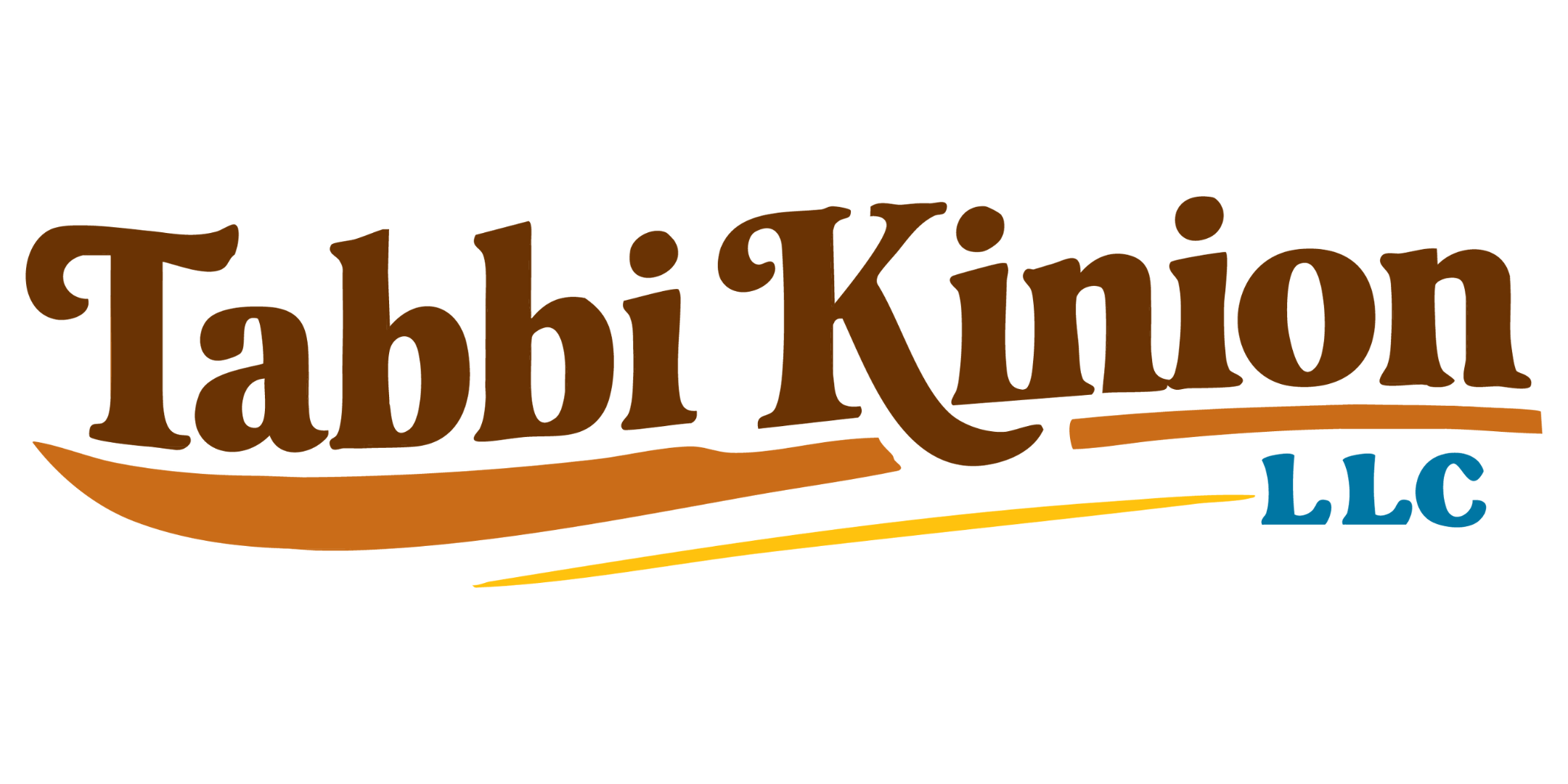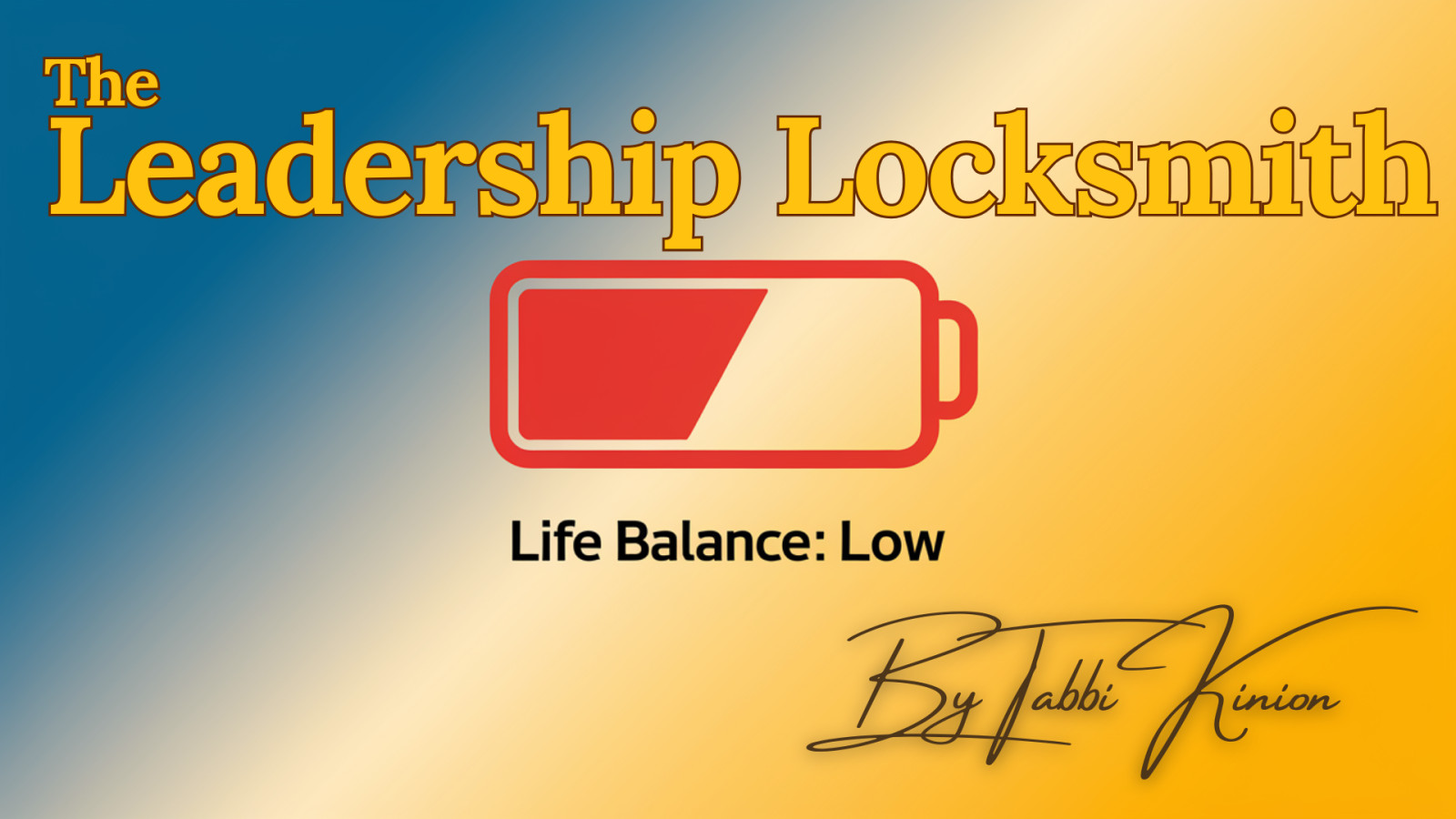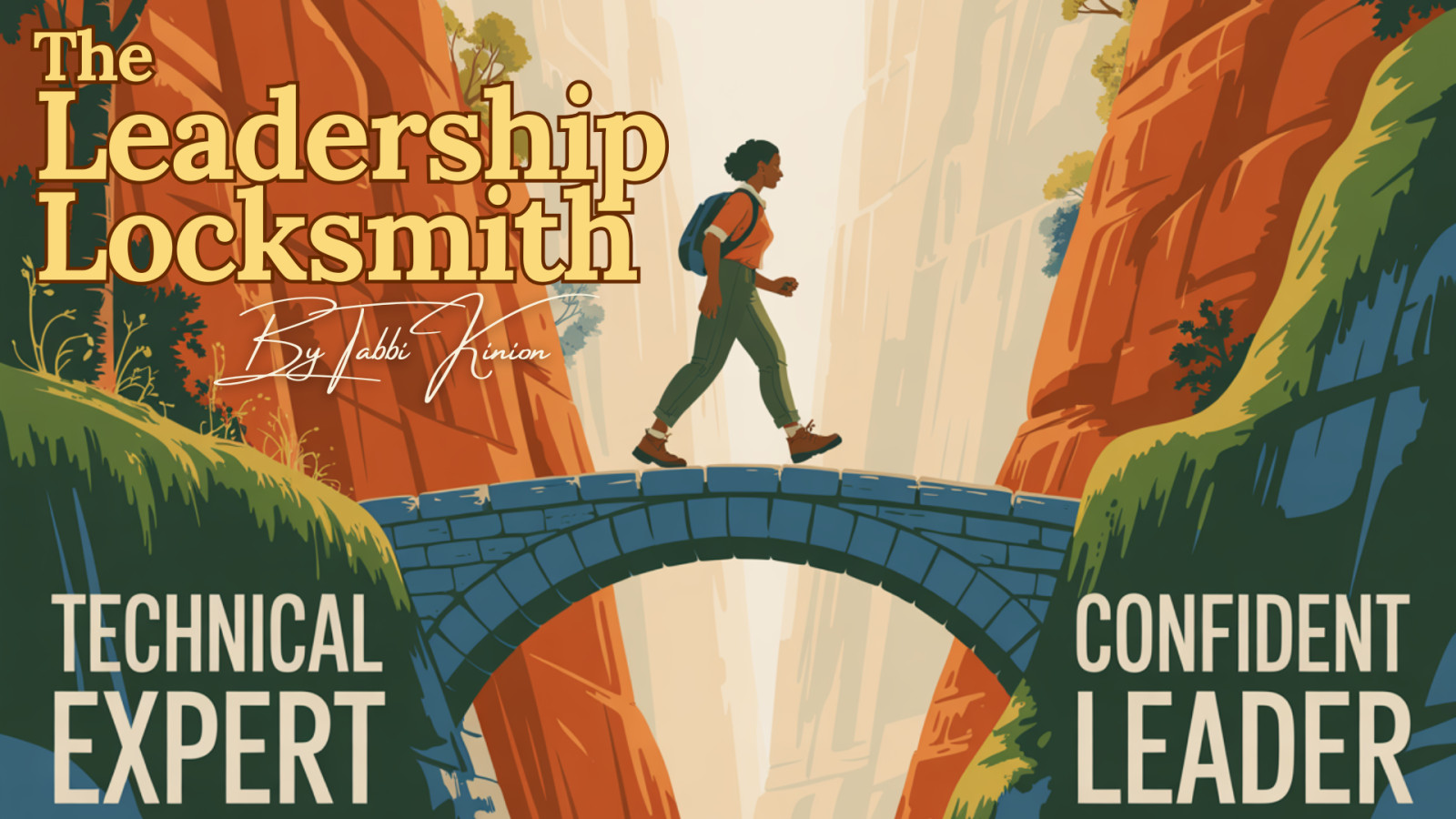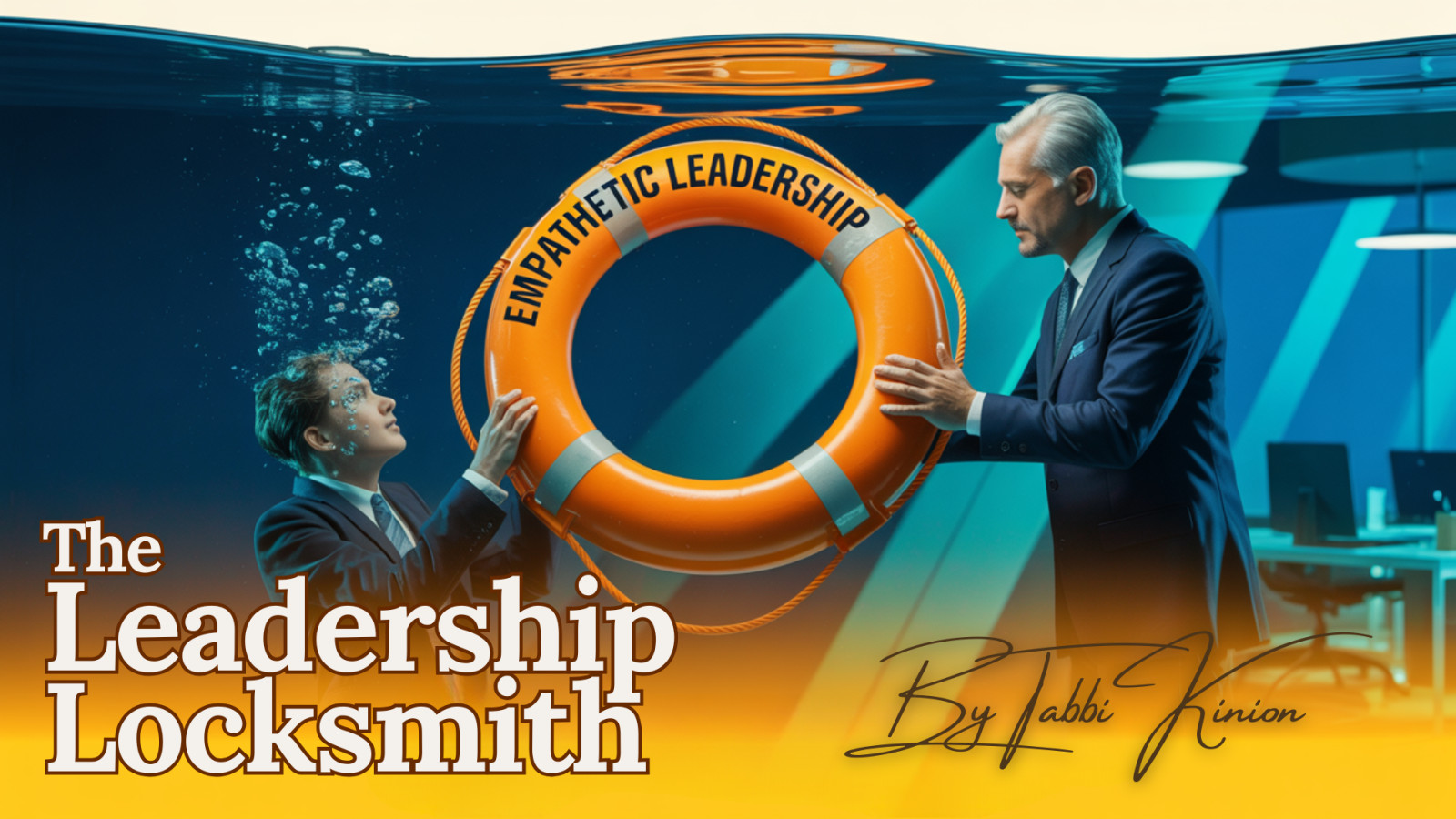
I was leading a leadership workshop last week when it happened again. As we dove into the messy realities of coaching difficult employees, a participant's shoulders visibly relaxed as she admitted, "I thought I was the only one who struggled with this. It makes me feel better to know I'm not alone."
The rest of the room nodded in unison, that silent acknowledgment of shared experience washing over the group like a wave of relief.
Twenty-plus years into my leadership journey, and I'm still struck by how often I hear some version of this confession. It's the leadership equivalent of thinking you're the only one with the weird body thing until you Google it and discover millions of others have it too. (Spoiler alert: that thing where your eye twitches when you're stressed? Totally normal. Same with feeling like a leadership imposter.)
So here's my question for you today: If leadership is inherently challenging for everyone, why are you still trying to figure it out alone?
The Leadership Lone Ranger Syndrome
Most of us get promoted because we're exceptional individual contributors. One day, you're crushing your personal targets, and the next, you're responsible for an entire team's success, with little to no formal preparation for this seismic shift.
This leadership journey is like being thrown behind the wheel of a car after years of just being a passenger. Sure, you've watched driving happen thousands of times. You know what it looks like when someone changes lanes or parallel parks. But that first moment when you're actually in the driver's seat? Total different story.
So what do we do? We white-knuckle the steering wheel and assume leadership will come naturally through experience alone. After all, we've been watching people drive—err, lead—for years. Surely we've picked up what we need through osmosis, right? 🤷♀
Here's the kicker: those leaders you've been watching at the wheel? Many of them are just as lost as you feel, overcorrecting and occasionally driving on the rumble strips of leadership. They're just better at looking confident while being confused. It's not your fault—the system is literally designed this way.
There's a reason we don't just hand teenagers keys and say, "You’ve been in cars your whole life, you'll figure it out!" We give them driver's ed, supervised practice, and graduated licensing. Yet somehow, we expect new leaders to navigate the complex highways of leadership with no GPS, no driving instructor, and everyone else on the road equally clueless.
The Hidden Costs of DIY Leadership
The "figure-it-out-myself" approach to leadership development extracts a steep price:
- Your team becomes unwitting passengers in your leadership test drive (no consent forms provided)
- Projects take longer, and conflicts simmer beneath the surface like that questionable leftover chili in the break room fridge
- That nagging imposter syndrome follows you home each night, whispering that everyone else has this figured out (they don't, trust me, I see their DMs)
- Your true leadership potential remains locked away, inaccessible without the right keys
I see this every day in my coaching practice. Leaders who've spent years - sometimes decades - trying to MacGyver their way through leadership challenges that others have already solved.
As one client recently told me, "I wasted seven years making the same mistakes over and over before I realized I needed help. That's seven years I can't get back."
Leadership Is More Complex Than Ever Before
As you are well aware, the leadership landscape has transformed dramatically in recent years.
Today's leaders face challenges that simply didn't exist a decade ago:
- Teams scattered across time zones, cultures, and work arrangements (someone is always in pajama bottoms - and that someone is often me)
- Technology is constantly shifting how we communicate and collaborate (remember when "Zoom" was just what cameras did?)
- Flatter organizations require more influence and less authority
- Heightened expectations for leaders to address employee wellbeing and purpose, not just performance
It's like driving evolved from simple country roads to a complex network of superhighways, roundabouts, and rush-hour traffic. At the same time, your vehicle gained hundreds of new features, buttons, and dashboard warnings. You wouldn't expect to navigate that complexity without updating your skills, would you?
And let's be honest, those week-long leadership training retreats where you take notes furiously? They're about as effective as crash diets. You return to your desk with a binder full of good intentions that quickly get buried under the avalanche of emails and schedule of meetings that accumulated while you were gone. Real growth happens in the trenches, not in the classroom.
You Need a Guide, Not Just Another Map
When I was building my first team, I collected leadership books like they were going out of style. I highlighted passages, took copious notes, and attended every seminar and workshop I could find. My bookshelf was impressive. My leadership skills, well, not as much.
But when the rubber met the road - when I was facing a chronically underperforming team member or navigating a complex change initiative - all those books gathered dust on my shelf. What I really needed wasn't another map but a guide who had navigated this terrain before and could talk me through the parts where the map just says "here be dragons."
Someone who could help me apply those theoretical concepts to my specific situation. Someone who could spot my blind spots (like my oh-so-common tendency to avoid conflict until it exploded like a workplace volcano). Someone who could help me unlock my authentic leadership style rather than copy someone else’s (turns out I'm not Brené Brown, despite my tendency to start sentences with "Research shows...").
The Leadership Code Word of the Week: SUPPORT 🔑
Great leaders understand that seeking support isn't a sign of weakness but a strategic advantage, like having air conditioning in August. The most successful leaders I've worked with all share this quality: they actively build support systems that help them lead more effectively.
Your leadership support system might include:
- A formal leadership coach (like me!) who provides personalized guidance and the occasional reality check
- Peer networking groups where you can share challenges in a safe space (and realize you're not the only one who accidentally muted yourself for five minutes on that important call)
- A mentor who's navigated similar terrain before you (battle scars included)
- Structured leadership development programs that provide frameworks and skills (no binders required)
- Regular feedback loops with your team and leaders (scary but worth it)
Your Leadership Challenge:
This week, I challenge you to take one concrete step toward building your leadership support system:
- Schedule coffee with a leader you admire and ask about their leadership journey (best with actual coffee, not just as an email subject line)
- Join an industry or role-specific leadership community (online or in-person)
- Identify one leadership challenge you're facing and ask a trusted colleague for their perspective (even if you think you already know the answer)
- Research leadership development programs that align with your current challenges (and don't require selling a kidney to afford)
- Book a leadership clarity call to discuss your specific leadership struggles (I might know someone who can help - message me 😉)
Remember, every leader you admire has their support system. They're not doing it alone, so why are you trying to? Leslie Knope had Ron Swanson's straight talk (and occasionally Ann Perkins' reality checks). Ted Lasso relied on Coach Beard, and Jack Donaghy had Liz Lemon keeping him connected to reality.
Your work matters too much to struggle through leadership challenges that others have already solved. Your team deserves a leader who's constantly growing and developing. And you deserve the confidence and satisfaction of leading with clarity and purpose.
The key to unlocking your leadership potential isn't working harder; it’s working smarter by leveraging the wisdom and support of others who've walked this path before.



















0 Comments